By Clem Aguiyi
Dear Mr President, do not snub this passionate appeal like your predecessor did. The most important issue to the Igbo people today is the release of Mazi Nnamdi Kanu. We will owe you a lot of ‘Thank You’ if you will grant him freedom and end the animus bigotry against the Igbo nation.
In writing this opinion, let me be clear that I am an incredible Nigerian optimist who believe that ‘a better Nigeria is possible’; that with the right leadership and the right system in place we can build the most formidable nation in Africa.
Join our WhatsApp ChannelLeadership failures, and failed opportunities had led to disappointments and despondency making some young minds out of frustration to conclude that Nigeria is not working, hence the growing agitation for separation.
Having fought a bitter civil war to keep ‘Nigeria One’ I doubt whether balkanisation of Nigeria is a good option. I fear that in balkanisation, we may end up creating pockets of fiefdoms and war lords eating up each other. Examples abound. What Nigeria need is a reset. To reset Nigeria, we must reset the South-east by solving the lingering Igbo question.
Almost all the major ethnic groups in Nigeria had at one time or the other felt frustrated and agitated for separation. The Hausa Fulani were the first to threaten ‘araba’ and called for the creation of Arewa nation. As a matter of fact, it was a Northern leader that emphasized that “there is no basis for Nigeria’s unity.’’
The Yoruba nation campaigned for Oduduwa Republic. It was the Western Region that insisted that the ‘Right to Secession’ should be inserted in the 1960 Constitution. The foremost Yoruba leader then had famously referred to Nigeria as ‘a geographical contraption’ fused to serve British economic interest.
Various Yoruba activists in recent memory became famous by leading the Yoruba agitation for independence; I recall Chief Ganiyu Adams and his Odua Peoples Congress doing in the South West exactly what IPOB is now doing in the South-east. I recall Sunday Igbogho fighting for the freedom of the Yoruba nation and still doing so.
The minority ethnic groups of Niger Delta, particularly the Ijaw nation led by Isaac Adaka Boro led a revolt against the Nigeria state. His memory is still revered in Ijaw land with streets and public buildings named after him. Ateke Tom, Asari Dokubo, Tompolo and others fought for self-determination and economic freedom of Niger Delta.
The Igbo nation led by then Col Chukwuemeka Odimegwu Ojukwu fought for the Eastern Region to break away from Nigeria. The struggle was most notable because after suffering pogrom, the Independent State of Biafra was declared. A three years civil war was fought between Nigeria and the Biafra State. At the end of the war, the will and might of the Nigeria state prevailed, but at great cost to both sides. Over three million lives were lost in what historians described as Africa’s most brutal civil war.
The then Head of State, General Yakubu Gowon in his wisdom declared No Victor, ‘No Vanquished.’ To reintegrate the Igbo people into Nigeria, he introduced the three Rs: Reconstruction, Rehabilitation and Reconciliation. I guess in all of the Rs, what was not achieved was true ‘reconciliation’. Nigeria still treat the Igbo with pettiness, vindictiveness, suspicion and marginalisation. Consequently, the new generation of Igbo rightly or wrongly and despite their individual successes, collectively feel left behind.
There worse fear constantly demonstrated is that Nigeria is still at war with the Igbo and that the Igbo are conquered people who must never be allowed to attain certain heights.
This reality gives the oxygen for the renewed agitation for Biafra by the young generation who didn’t see the civil war to know that war is ugly.
If Nigeria had lived up to its creed by ensuring no tribe suffer discrimination, there would have been no room for further separatist agenda.
I recall at the onset of MASSOB led by Ralph Uwazuruike when he came to Chukwuemeka Odumegwu Ojukwu for consultation. The veteran war lord had admonished him to agitate as much as he would but must do so without violence. I believe that advise was well taken by MASSOB leadership hence despite all provocations, MASSOB encouraged only passive resistance in their struggle to highlight the Igbo plight.
READ ALSO: Biafra Struggle: Sit-at-home And The Cost Of Heightened Insecurity In Southeast
The Indigenous People of Biafra (IPOB) is a break-away faction of MASSOB. The group is led by Mazi Nnamdi Kanu, a British activist who advocates Biafra. His approach was no doubt a radical shift from Uwazurike’s. In 2021, Kanu was arrested in Kenya and brought back to Nigeria. The case of his extra ordinary rendition has gone from High Court to Supreme Court which though held that his extra-ordinary rendition was illegal but that his trial on treasonable charge could continue.
Since 2021, Kanu has been held under the custody of Department of State Services (DSS). His trial has not made any significant progress. Mazi Nnamdi Kanu is regarded as a prisoner of conscience, the face of the Igbo struggle and animus bigotry against the Igbo.
His supporters and some fringe criminal elements had hidden under the cover of his detention to wage economic war fare against the South-east through indiscriminate order of Sit at Home (Holy Monday or Sabbath Monday), They have caused violence and sabotaged public and security installations.
No matter where you stand on the issue, hate him or love him Kanu’s detention is part of the problem in the South-east, if not the problem. For the avoidance of doubt, let me restate that his continued detention by the Department of State Services (DSS) has become a festering sore, exacerbating tensions in Igbo land. As the region teeters on the brink of chaos, it’s imperative to reconsider Kanu’s detention and explore the benefits of his release. In considering the plea for his release let us bear in mind that all of the enumerated agitations, including the civil war ended up in dialogue and on a round table. In this very case, dialogue is not foreclosed and can still be explored.
He who wears the shoes, knows where it pinches. It is not for nothing that the South-east Governors jointly called for his release. Ohanaeze Ndi Igbo had severally urged for his release. The South-east National Assembly Caucus has also pleaded for his release. Many opinion leaders while acknowledging his mistakes had thought it wise to urge for his release. Rather than keep him in detention while the South-east burns, he can be drafted as part of the solution.
Kanu’s prolonged detention without conclusive trial undermines Nigeria’s commitment to human rights and the rule of law. The United Nations Human Rights Council has expressed concerns regarding Kanu’s treatment, emphasizing the importance of fair trials and freedom of expression. Releasing Kanu would demonstrate Nigeria’s adherence to international human rights standards.
Kanu’s influence extends beyond IPOB, symbolizing resistance against perceived marginalization and oppression. His detention fuels widespread discontent, radicalizing youths and perpetuating violence. By releasing Kanu, the government can:
De-escalate tensions and reduce militancy; encourage IPOB’s participation in peaceful dialogue and address grievances driving separatist sentiments across board.
By freeing Kanu, the South-east region’s economy which has suffered significantly due to frequent lockdowns and protests and destruction of infrastructure and disruption of commercial activities will be rejuvenated.
Releasing Kanu which I think is just and proper will revitalize economic growth, boost investor confidence and promote regional stability.
There are historical precedents to the conflicts worldwide demonstrating that dialogue and release of key figures can pave the way for peace:
1. Nelson Mandela’s release in South Africa (1990).
2. Gerry Adams’ role in Northern Ireland’s Good Friday Agreement (1998).
3. The release of Boko Haram detainees as part of Nigeria’s amnesty program (2013).
Let me also add that Isaac Adaka Boro was released by Nigeria, Gani Adams was released, Sunday Igboho was freed, Asari Dokubo was released, Uwazurike was released. All were released to pave way for peace, dialogue and reconciliation.
In conclusion, Releasing Nnamdi Kanu is a crucial step toward restoring peace in South-east Nigeria. By prioritizing human rights, addressing political realities, and acknowledging economic imperatives, the government can effectively reduce tensions and foster inclusive dialogue and promote regional stability.
Embracing this pragmatic approach will require courage, wisdom, and a commitment to reconciliation. The Nigerian government must seize this opportunity to: “Free Nnamdi Kanu, Free the South-east, and Free Nigeria from the shackles of conflict.”
Clem Aguiyi can reached on Email: Totalpolitics@ymail.com

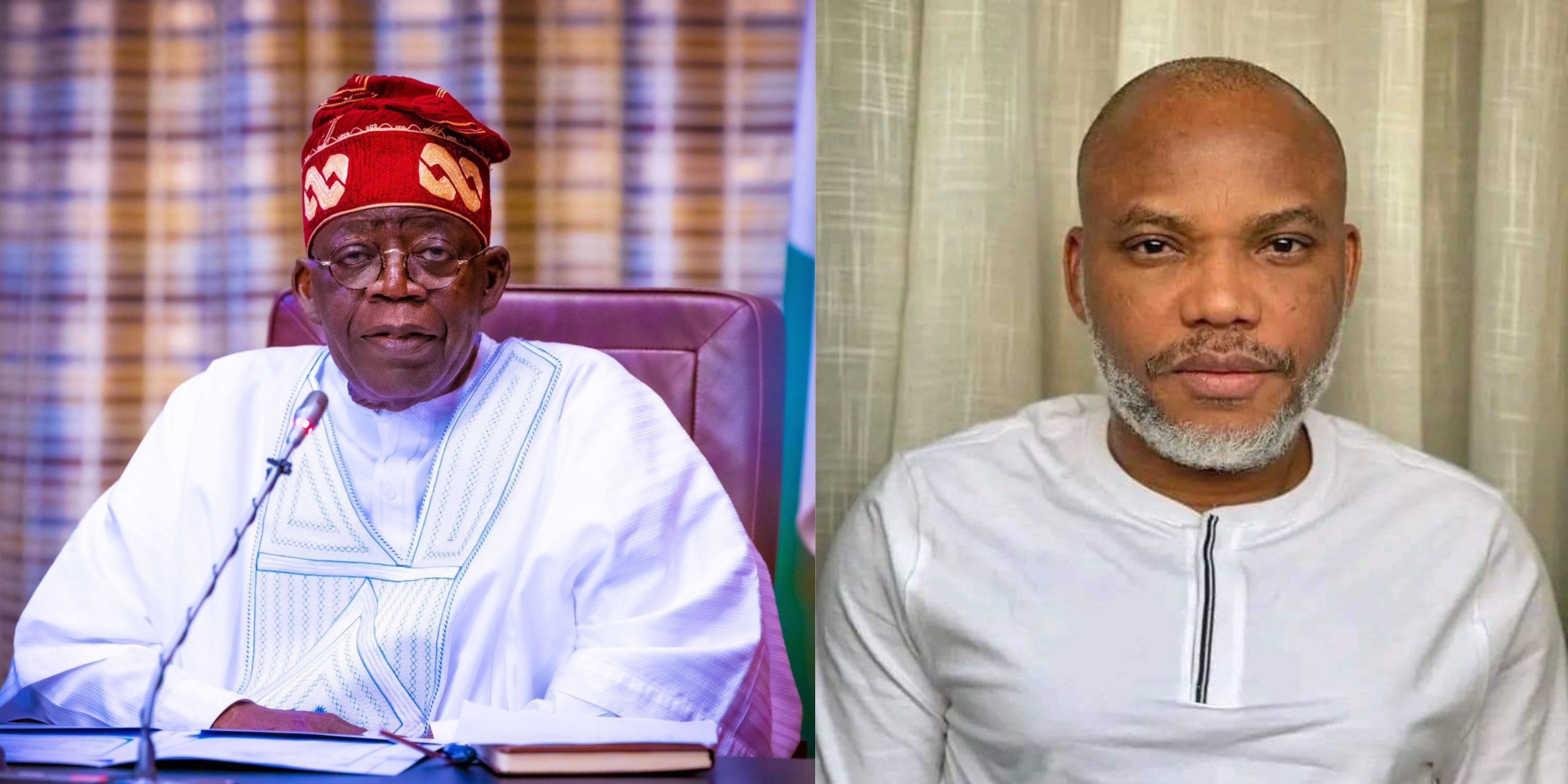
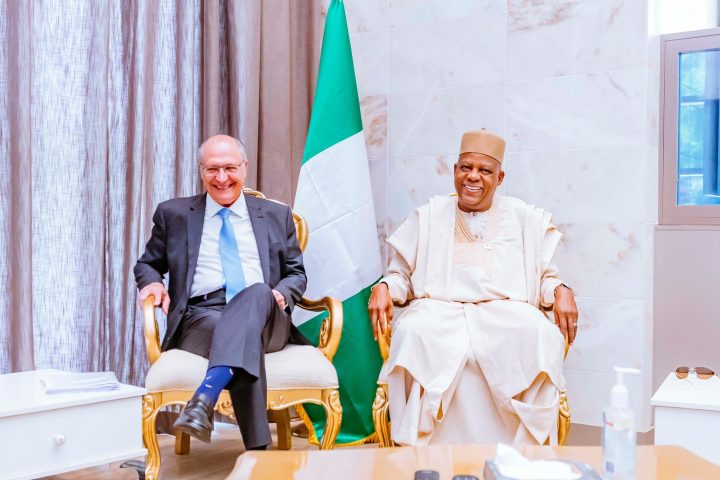
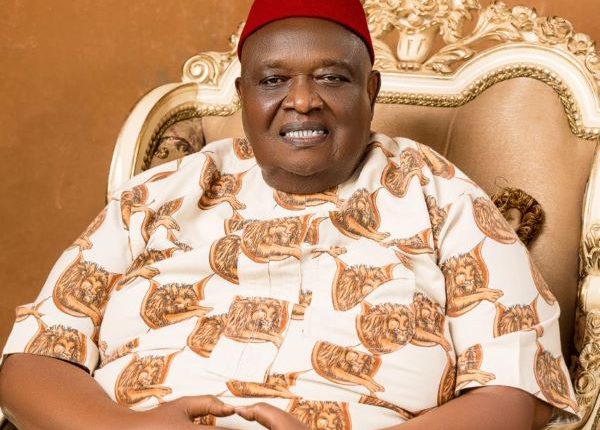




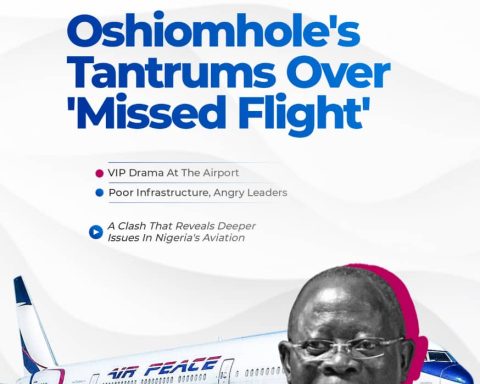

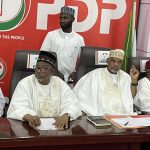
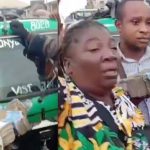


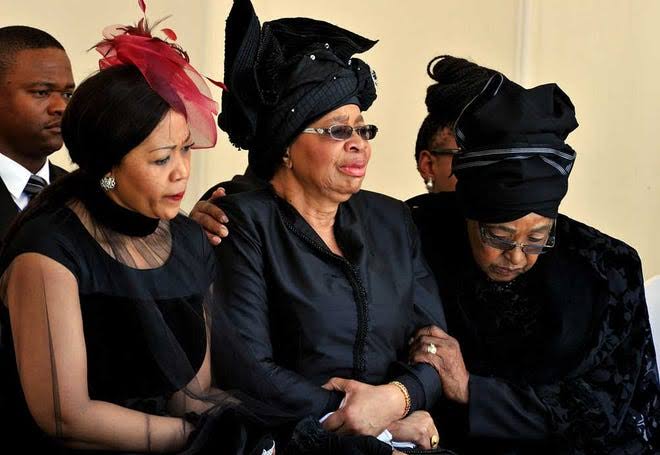
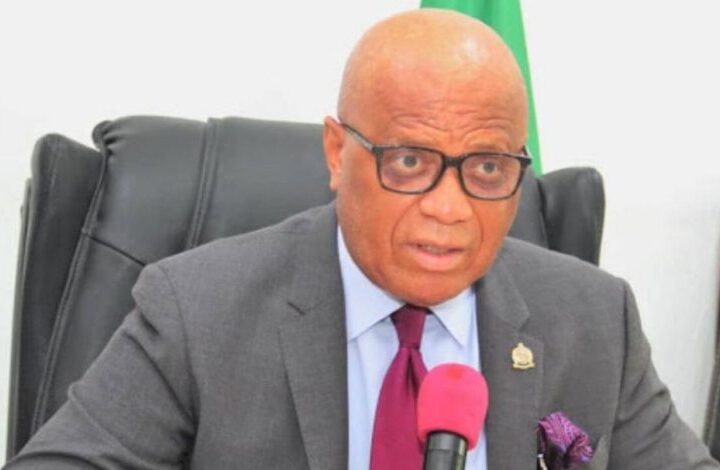
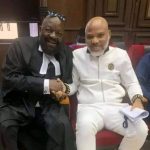
Follow Us